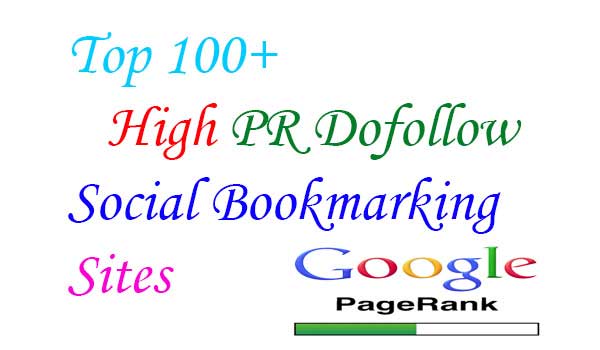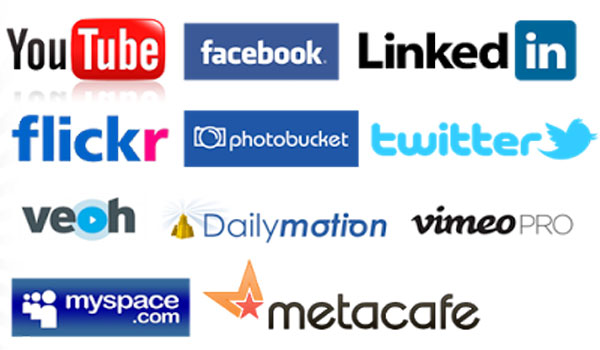In today’s digital age, it’s impossible to overlook the significant role that social media plays in our lives. From connecting with friends and family to sharing personal experiences and opinions, social media services have become an integral part of our daily routine. However, their influence extends far beyond just personal communication. In this article, we’ll explore how social media services have a profound impact on the tech world, driving innovation, shaping consumer behavior, and transforming the way tech professionals work.
Social Media as a Catalyst for Technological Advancements
Social media platforms are more than just platforms for connecting with people; they have become powerful catalysts for technological advancements. Tech companies are constantly looking for ways to stay ahead in a highly competitive industry, and social media provides them with valuable insights and opportunities. For example, companies use social media to gather user feedback, conduct market research, and even crowdsource ideas for product development. The real-time nature of social media allows tech companies to adapt quickly to changing consumer preferences and market trends.
Moreover, the social media platforms themselves have evolved technologically. They have to keep up with the demand for new features, enhanced security, and improved user experiences. This has led to significant advancements in web and mobile technologies, as well as data analytics and artificial intelligence, which are crucial for managing the vast amount of data generated on social media.
Influence on Consumer Behavior and Trends
Social media services have a profound impact on consumer behavior and product trends. People frequently turn to social media to seek recommendations, read reviews, and engage with brands. This has given rise to influencer marketing, where individuals with a large following on social media can sway consumer preferences and drive sales. Tech companies often collaborate with social media influencers to promote their products and gain visibility.
The instant feedback loop provided by social media also influences product launches and updates. Companies can gauge consumer reactions in real time and make adjustments accordingly. This constant interaction with users has led to a more customer-centric approach in the tech industry.
Dissemination of Tech News and Information
In the fast-paced tech world, staying informed about the latest developments is essential. Social media platforms have become hubs for tech news and information. Tech enthusiasts, journalists, and industry experts share breaking news, analysis, and insights on platforms like Twitter and LinkedIn. This real-time access to information keeps tech professionals up-to-date with the latest trends, product releases, and industry developments.
User-Generated Content and Tech Communities
Social media services have also given rise to a plethora of online tech communities and forums. These digital spaces serve as platforms for tech enthusiasts, developers, and professionals to discuss, collaborate, and troubleshoot tech-related issues. Whether it’s a programming challenge, hardware problem, or software bug, there’s likely a social media group or forum dedicated to it.
Tech communities on platforms like Reddit, Stack Overflow, and GitHub have become invaluable resources for knowledge sharing and problem-solving. They enable users to crowdsource solutions and tap into the collective expertise of the global tech community.
Social Media and the Tech Workforce
Social media services are not just platforms for connecting with friends; they’re also powerful tools for career development in the tech industry. Tech professionals can use platforms like LinkedIn to showcase their skills, network with peers, and discover job opportunities. Personal branding on social media has become increasingly important, as it can help individuals stand out in a competitive job market.
Recruiters and tech companies also use social media to identify and reach out to potential candidates. It’s not uncommon for job offers and career opportunities to be initiated through social media platforms.
Challenges and Concerns
While the influence of social media on the tech industry is undeniable, it’s not without its challenges and concerns. Privacy and data security issues have been a recurring problem, with several high-profile data breaches and privacy scandals in recent years. Additionally, the spread of misinformation and fake news on social media can have significant consequences, especially when it comes to tech-related topics.
Furthermore, the addictive nature of social media can be a concern for tech professionals who need to stay focused on their work. It’s easy to get distracted by notifications and updates, potentially impacting productivity.
Future Trends and Predictions
Looking ahead, the relationship between social media services and the tech world is likely to continue evolving. Emerging technologies such as virtual reality, augmented reality, and blockchain are poised to further amplify their impact. The intersection of social media and these technologies could open up new possibilities for communication, entertainment, and commerce.
However, as social media’s influence grows, so do societal and ethical considerations. Striking a balance between innovation and responsible use of these platforms will be a challenge that both the tech and social media industries will need to address.
Conclusion
In conclusion, social media services have a profound and far-reaching impact on the tech industry. They drive technological advancements, shape consumer behavior, provide a platform for information dissemination, foster tech communities, and influence the tech workforce. While there are challenges and concerns associated with this influence, the relationship between social media and the tech world is likely to continue evolving in the coming years. As these two domains intersect and collaborate, they will play a crucial role in shaping the future of technology.

































